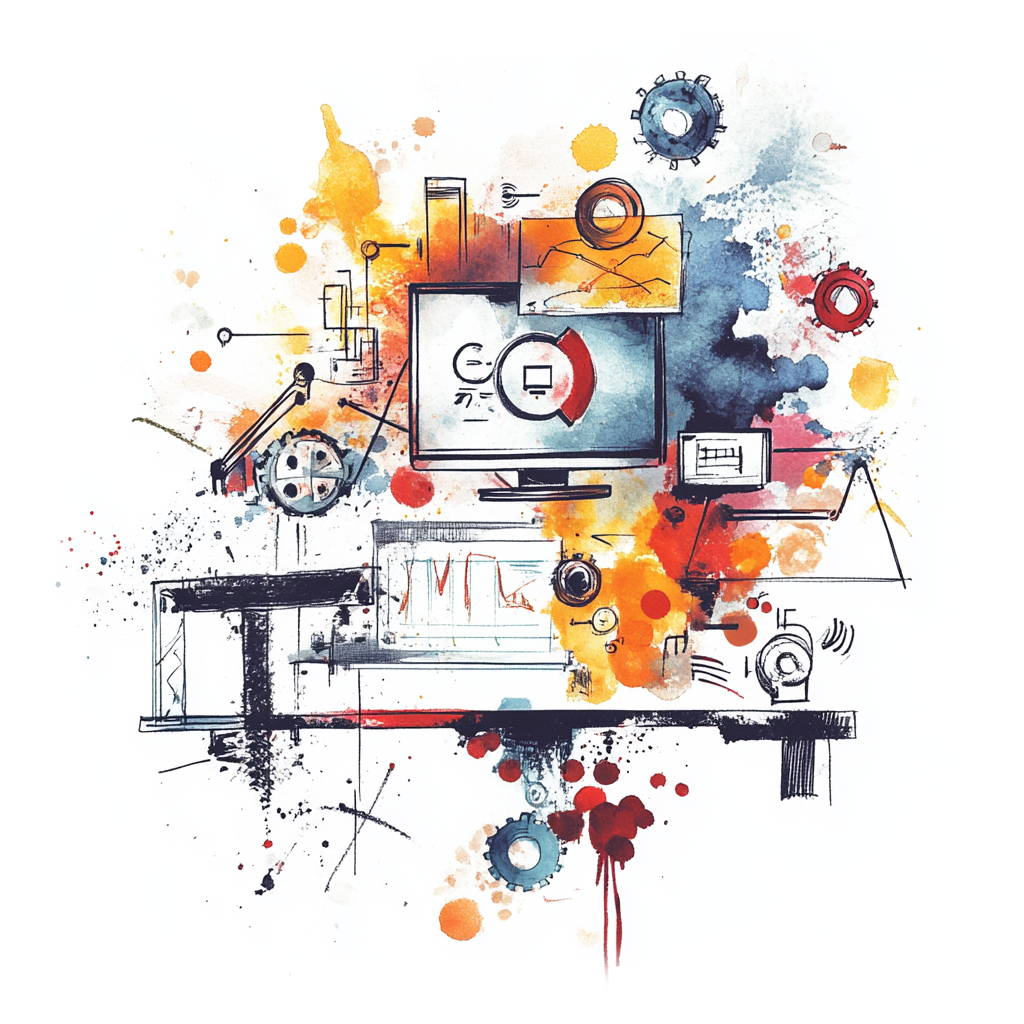Leveraging Self-Owned AI in E-commerce
Learn how E-commerce companies can leverage self-owned AI to enhance their operations and drive innovation.

Harnessing Your Own AI: The Secret Weapon for Upstream Operators in E-Commerce
In the bustling world of e-commerce, where every second counts, upstream operators are searching for innovative ways to stay ahead of the competition. The good news? Your very own AI can be the game-changer you didn’t know you needed.
Real-world Use Cases: Your Own AI in Action
Let’s dive into some specific scenarios where having your own AI can truly transform the way you operate:
-
Inventory Management: Imagine your AI analyzing past sales data to predict what products will be in demand next month. This means fewer stockouts and reduced excess inventory. Think of it as having a crystal ball but way more reliable.
-
Customer Insights: What if you could dig deep into customer behavior? Your AI can sift through endless data to help you understand buying patterns, preferences, and even predict future trends. Knowing your customers on this level? That’s a competitive edge straight out of a tech thriller.
-
Supply Chain Optimization: Your own AI can track shipments, forecast delays, and suggest alternative routes. Picture your delivery timelines improving dramatically, all thanks to the intelligent insights generated by your AI.
-
Personalized Marketing: With your AI at the helm, you can create personalized marketing campaigns tailored to individual customer preferences. Imagine sending targeted offers that resonate, not just generic promotions. This is where the magic happens.
Why a Self-Hosted AI is Your Best Bet
Now, you may be wondering why having your own AI—rather than relying on generic, off-the-shelf services—is crucial. Here's the deal:
-
Data Privacy: With your own AI, you get complete control over your data. Sensitive information about your customers, sales patterns, and operational metrics is safely tucked away, away from prying eyes.
-
Customization: Your business is unique, and your AI should be too. A self-hosted solution allows you to tailor the AI’s responses and functionalities to align with your specific operational needs and branding.
-
Cost-Effectiveness: Sure, initial investments may be higher, but think of it as a long-term asset. Running your own AI can translate into saving costs on subscription fees, especially when you scale your operations.
-
Innovation: With your own AI, you can continuously experiment and innovate. You’re not limited by someone else’s roadmap—your AI can evolve as your business grows and changes.
Getting Started: Steps to Deploy Your Own AI
Ready to roll up your sleeves and embrace the power of your own AI? Here’s how to get started:
-
Identify Your Needs: Start by pinpointing the specific areas in your business where an AI can add the most value. Focus on pain points or inefficiencies that could greatly benefit from automation and data analysis.
-
Choose the Right Tools: There’s a myriad of AI tools and frameworks available. Do your research to find one that fits your requirements. Think Python libraries like TensorFlow, or user-friendly platforms like Hugging Face to create models.
-
Gather Your Data: The effectiveness of your AI hinges on the quality of data it has to learn from. Begin collecting data from your sales, customer interactions, and supply chain. Ensure it’s organized and accessible.
-
Build and Train Your Model: With the right tools and data, it’s time to build your AI. This may seem daunting, but there are plenty of community resources and tutorials to help you through the process. The goal is to train your AI to understand and process your e-commerce data effectively.
-
Evaluate and Iterate: Once your AI is up and running, monitor its performance. Look for areas of improvement and adjust accordingly. This isn’t a “set it and forget it” operation. Be prepared to tweak and enhance its capabilities over time.
-
Integrate with Your Systems: Ensure your AI integrates smoothly with your existing platforms. Whether it’s your CRM, inventory system, or marketing tools, seamless integration is the key to maximizing its impact.
In conclusion, having your own AI can revolutionize how upstream operators in the e-commerce sector do business. It's like having an extra set of hands—intelligent, efficient, and always ready to help you make the best decisions. Dive in, explore the potential, and watch your e-commerce operations soar to new heights!
